Indigenous playwright Justin Neal explores the tradition of canoeing in Keepers of the Salish Sea
The founder of Holy Crow Arts draws from his own life experiences in the story that also touches on addiction and sobriety
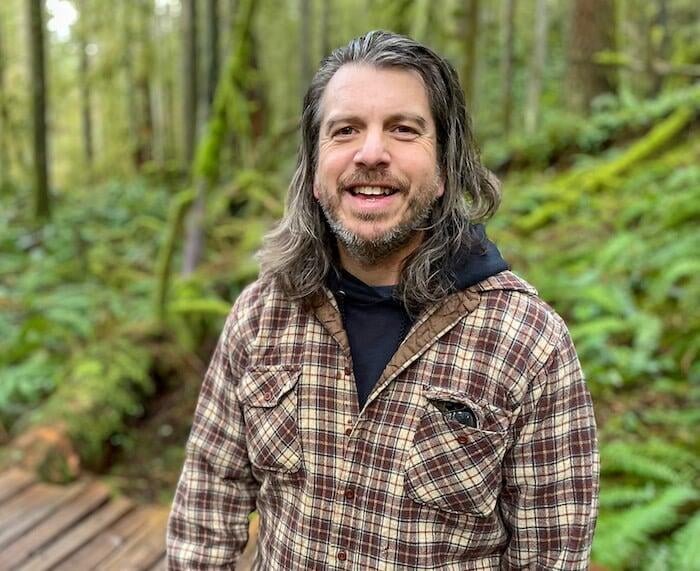
Justin Neal.
Holy Crow Arts presents Keepers of the Salish Sea at The Cultch Historic Theatre from November 21 to December 1
LONG BEFORE COLONIZATION, Indigenous people navigated waterways in dug-out cedar canoes, connecting with other communities, establishing trade relations, and exchanging and sharing cultural knowledge all up and down the coast. Efforts to bring back the cultural practice locally began in the early 1990s, leading to the present day annual Tribal Canoe Journey. Thousands of people from throughout the Northwest Coast have taken part over the last three decades, rowing or taking turns hosting paddlers along the route and for the final landing, when participants join together to feast and share songs and ceremonial dances.
It's a tradition that local Sḵwx̱wú7mesh Úxwumixw (Squamish Nation) playwright Justin Neal took part in in 2023 and one that makes up part of his new work, Keepers of the Salish Sea. Travelling from Tulalip to Suquamish in Washington State, the founder of Holy Crow Arts was one of about 5,000 folks from dozens of “canoe families” representing approximately 70 different First Nations from as far away as Alaska and California on the journey.
“I want to share a culture that has not really been understood or respected by the dominant culture; that’s part of my job as a writer,” says Neal, who is one of the resident Jack and Doris Shadbolt Fellows in the Humanities at SFU for 2024-25, hosted by the Indigenous Studies department. “People don’t really know about it, and it’s such a reconnection of culture, of our seagoing practices. I did one of the longest pulls. It was a 12-hour day and it was gruelling. It was much harder than I expected. It is not a casual thing. It’s tiring and it takes a lot of focus. Plus I’m awkward in the canoe; I’m too tall, and that was something I had to work through.”
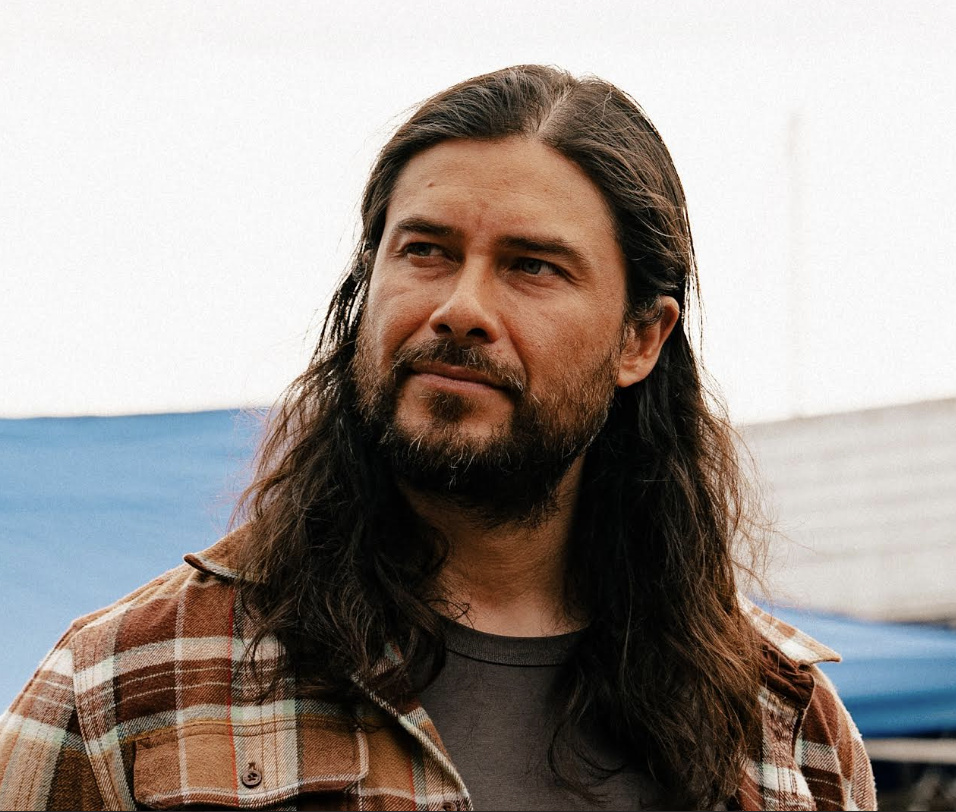
Meegwun Fairbrother.
Neal—who premiered the play So Damn Proud in 2021 and whose latest work is directed by Reneltta Arluk—weaves in aspects of paddling into Keepers of the Salish Sea, which centres on a man named Samuel who’s living in New York City and finds himself facing alcohol abuse while questioning his life purpose. As he grapples with sobriety, the man feels compelled to move to the West Coast—which leads to a canoe journey he never considered before. The cast comprises Indigenous actors from across the country, led by TV veteran Meegwun Fairbrother (Burden of Truth, Seeds, Mohawk Girls) making his return to the stage. The ensemble cast also includes performers Marion Jacobs, Aaron M. Wells, Cheri Maracle, Cole Vandale, and Mitchell Saddleback.
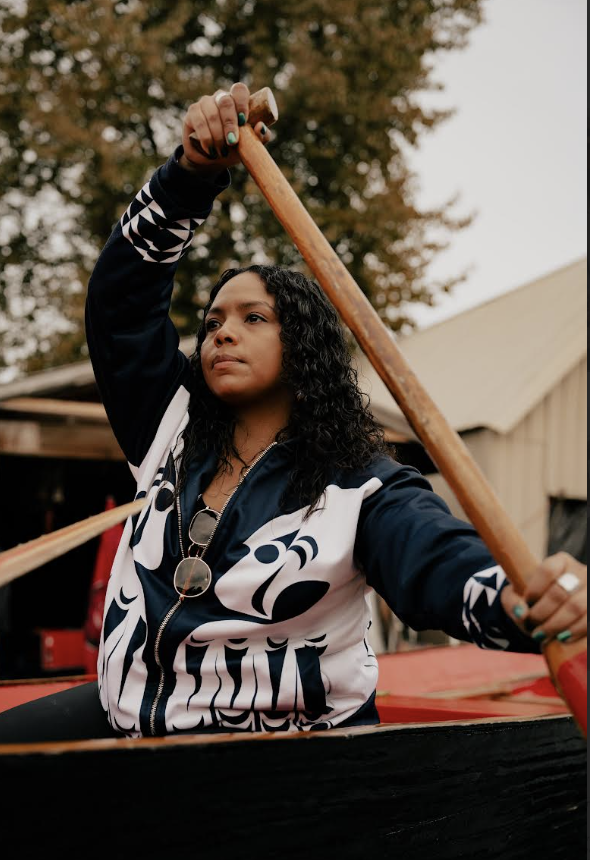
Marion Jacobs.
While not an autobiographical work, Keepers of the Salish Sea draws from Neal’s personal experiences; he has held down corporate roles in New York City and San Francisco and for a time was a self-described heavy partier. He had to clean up his act with respect to addiction, he says, and eventually returned to the Pacific Northwest, having grown up on Bainbridge Island, Washington.
“About 10 percent is what I try to aim for in my stories in terms of what comes from incidents in my life,” Neal says. “Pre-Vancouver while I was in New York getting sober—those things became part of this story. It’s loosely based on my life but there’s plenty of fiction in it, and the details are different.
“In New York I was feeling disconnected to who I am and where I came from and what is my purpose. I could continue on in my corporate jobs and feeling unfulfilled and having money but is that really what I want? I felt called to come to Coast Salish territory and I think in sharing this story I’m trying to share how we have this opportunity on Earth to figure out what our life purpose is. All I can do is share one story about finding mine. The more intentional thing was to create a story about Indigenous pride, the complexity of being Indigenous, these issues that tear us apart—capitalism, gambling, alcoholism—and finding purpose in life.” ![]()
Gail Johnson is cofounder and associate editor of Stir. She is a Vancouver-based journalist who has earned local and national nominations and awards for her work. She is a certified Gladue Report writer via Indigenous Perspectives Society in partnership with Royal Roads University and is a member of a judging panel for top Vancouver restaurants.
Related Articles
As if haunted by centuries of hits and flops, the three figures in this Bard on the Beach comedy take jabs at the self-consciousness and shaky footing of being an actor
Lineup also includes an offering from South Korea, an adaptation of The Paper Bag Princess, and a family-friendly drag show
Poetic flourishes and strong characterizations bring compelling charge to imagined story of Shakespeare and the woman who inspired and challenged him
Comedy with Charlie Demers and Jacob Samuel and a remount of Wakey, Wakey are some of the offerings onstage before renovations and a time of internal review in 2026
More mainstage offerings include love story Gertrude & Alice, video-game-style production 2021, and solo show Danceboy
Facilitated conversations with directors take place before matinee showings of four Bard on the Beach productions this season
Core elements of this audience favourite remain in a production full of touches that feel unmistakably contemporary
Vancouver’s Neworld Theatre is producing and administering nationwide initiative in search of experienced arts writers who are IBPOC or face other barriers
This year’s event, on from August 7 to 17, also features a standup comedy show by YouTube star Manpreet Singh and all-ages dance workshops
Young cast fuels this new production of the Roald Dahl classic with over-the-top silliness and sheer song-and-dance talent
New production of Jessica B. Hill’s witty play reclaims the lost history of poet Emilia Bassano
From revealing performances to spot-on costumes and sets, this new production conjures all the atmosphere of the play’s old London home
Western Gold Theatre fundraiser features the U.K.–born Canadian artist in an intimate, informal setting
In Bard on the Beach’s new production, retro pastels and power suits map surprisingly well onto the chaos of Shakespeare’s sometimes troublesome original
Neworld Theatre in collaboration and SFU’s School for the Contemporary Arts humanizes the issue by drawing on real, lived memories of fires, floods, and heat waves
With audiences sworn to secrecy over a decades-long run, the mystery at the heart of author’s most famous whodunit endures
With modernized touches and strong performances, this adaptation renews the wit and scheming of Shakespeare’s classic comedy
Rachel Drance’s poignant performance mixes well with choreographic and design innovations in new rendition of musical at the Stanley
Sean Bayntun and Eliza De Castro sound off on bringing to life the bold characters of Charlie and the Chocolate Factory and Legally Blonde: The Musical
Kat Sandler’s Wildwoman and Axis Theatre’s Where Have All the Buffalo Gone? round out the stage offerings
The first female published poet in England interacts with Shakespeare in Jessica B. Hill’s witty, complex love story
Designer Carmen Alatorre draws on old photos, film stills, and her own pastel-hued memories for Shakespearean comedy’s retro setting
An energized live band accompanies the new rock musical, but the songs don’t always serve the storytelling
Creator of Arts Club hits like A Closer Walk With Patsy Cline, Red Rock Diner, and the Stanley-opening Swing passed away at 87
Johnna Wright directs the idyllic, Mediterranean-set Shakespeare play that revolves around two vastly different couples
Vancouver-raised performer pours her heart and soul into hit Arts Club musical about women supporting one another and the healing power of pies
Directed by Mark Chavez, a rotating cast of hilarious theatre artists act out all of the Bard’s comedies, histories, tragedies, and sonnets
Documentary-style production creates call to action by integrating lived experience of climate disaster into an innovative hybrid of theatre and journalism
The overall effect is a bit like Zoolander crashing into a circus sideshow with an apple cart full of gaudy fabric
Multimedia rink show gets its glide on when it mixes surreal imagery with innovative skating and high-flying choreography




![Theatre review: Complete Works of William Shakespeare (abridged) [revised] [again] takes pleasingly panicked tour of the Bard’s canon](https://images.squarespace-cdn.com/content/v1/5f10a7f0e4041a480cbbf0be/1752776963817-BS2BYYQMLMSGU9OG3E37/Nathan-Kay-and-Craig-Erickson.-Photo-By-Tim-Matheson.jpg)
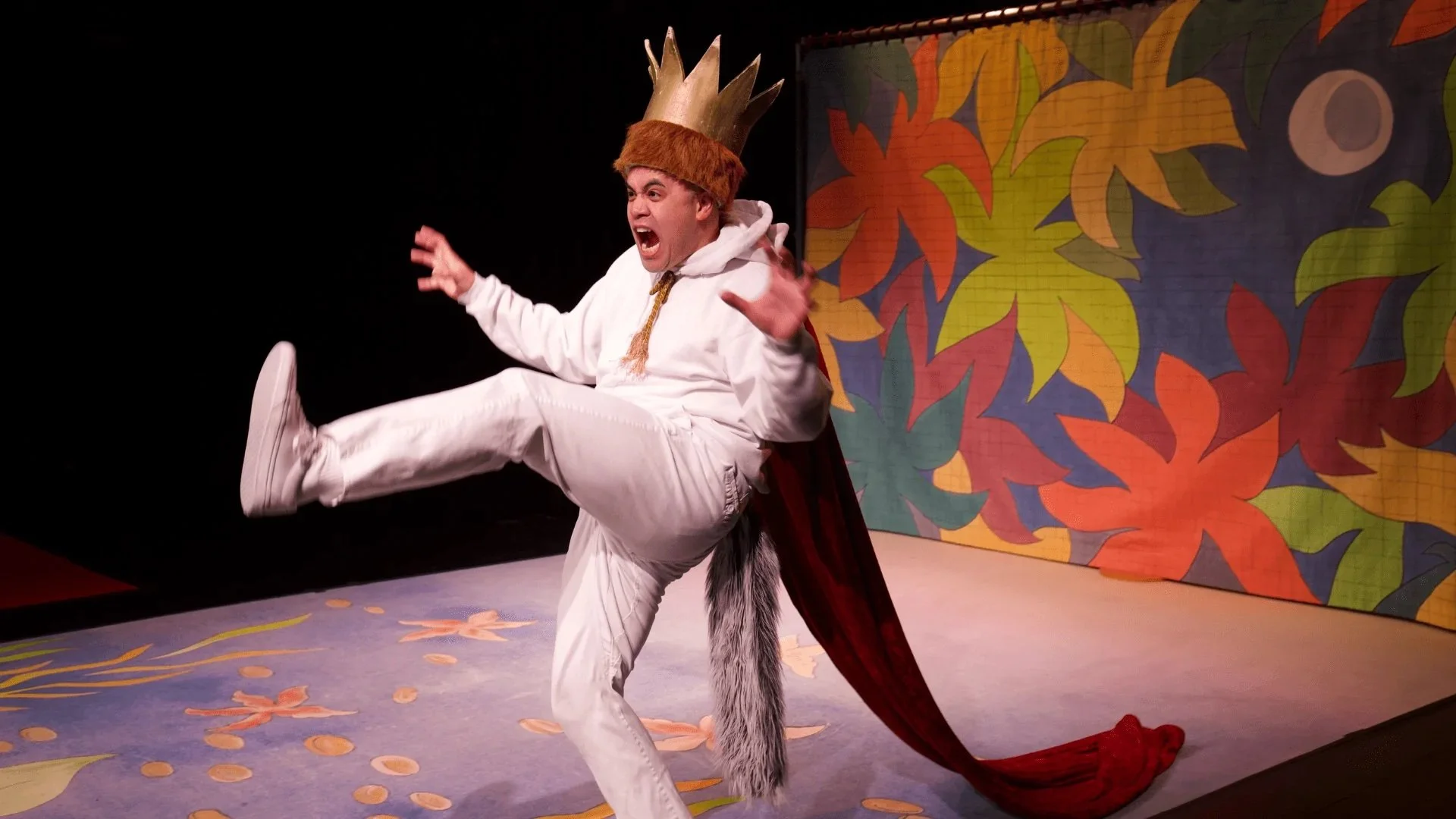


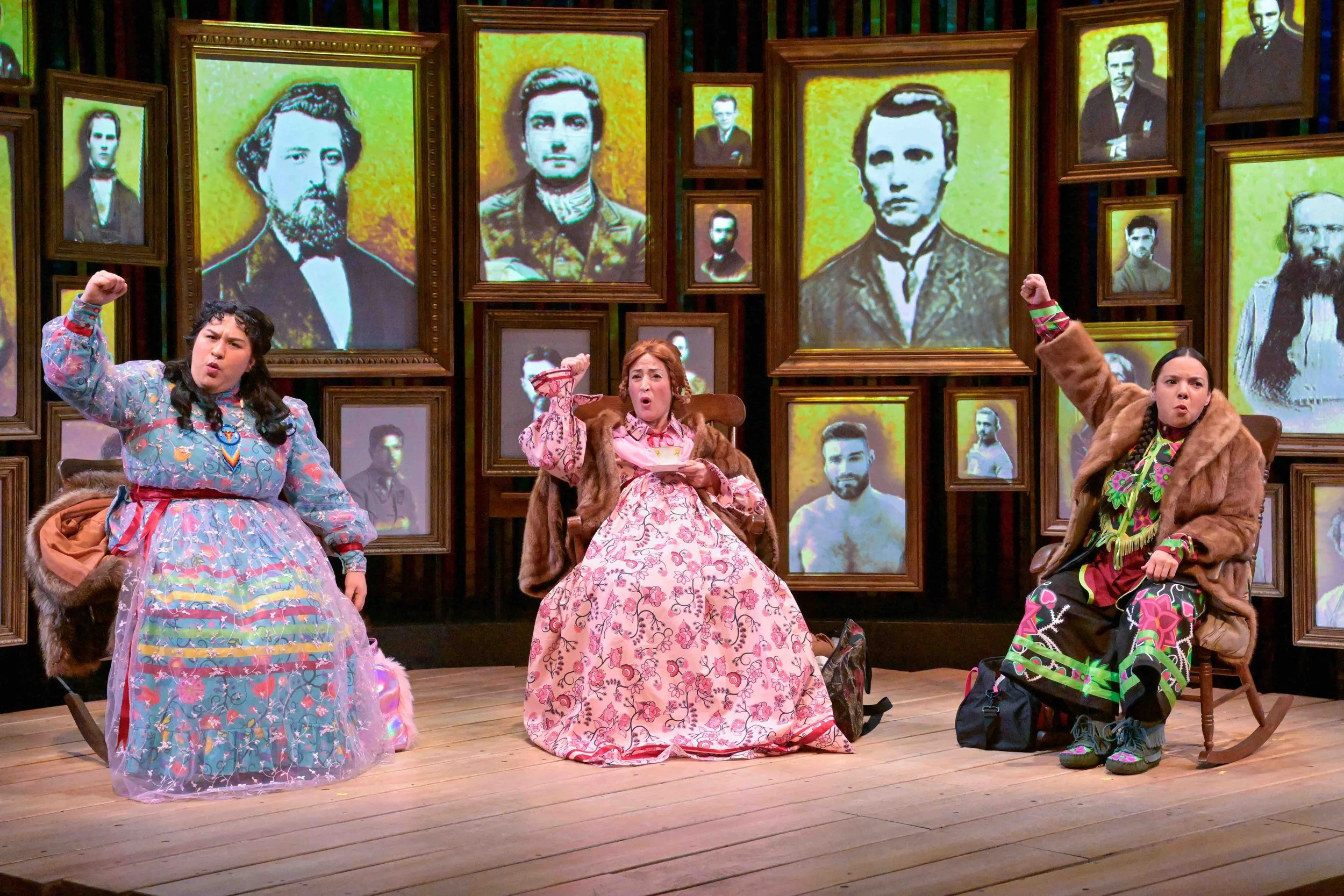
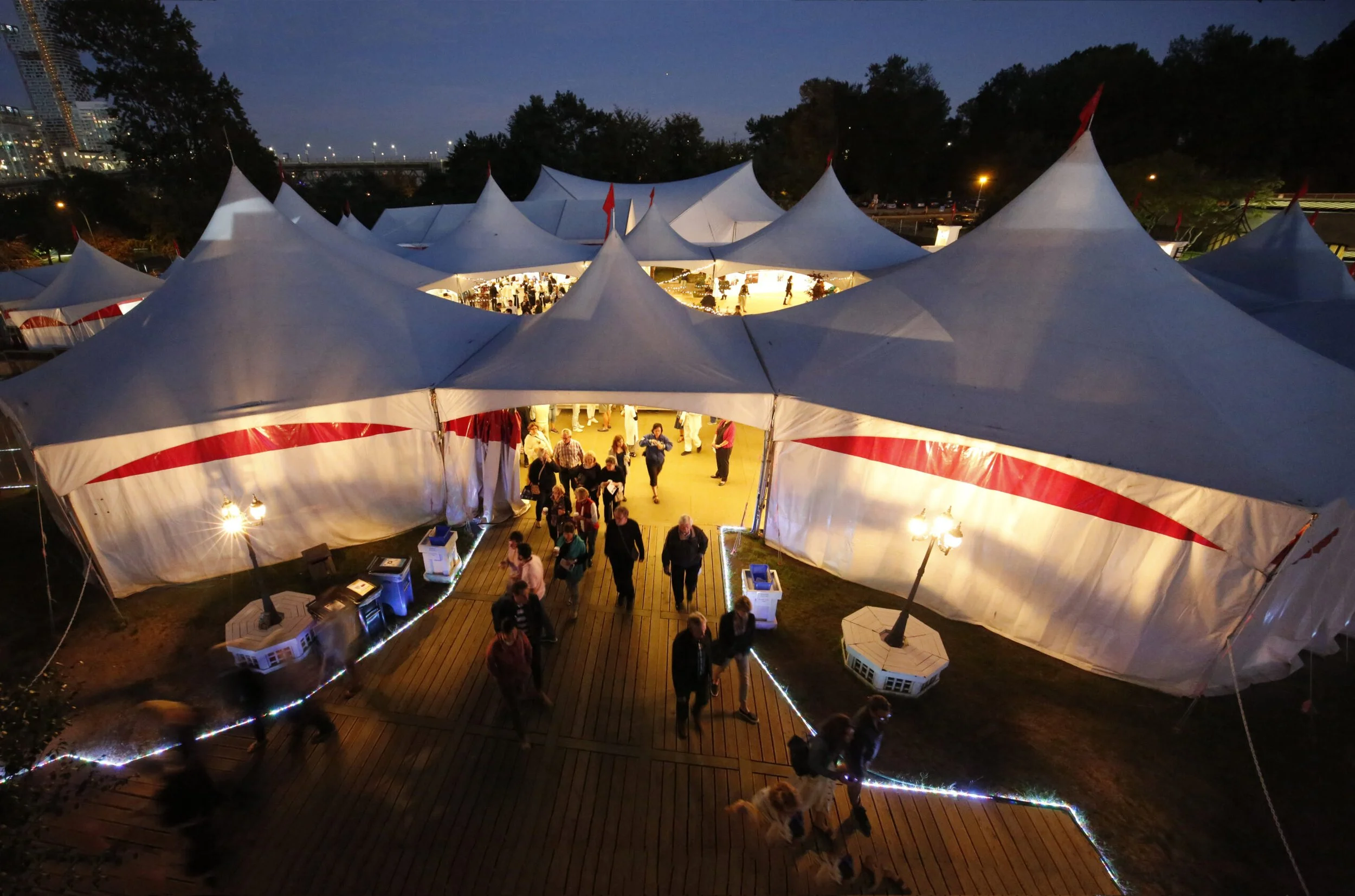
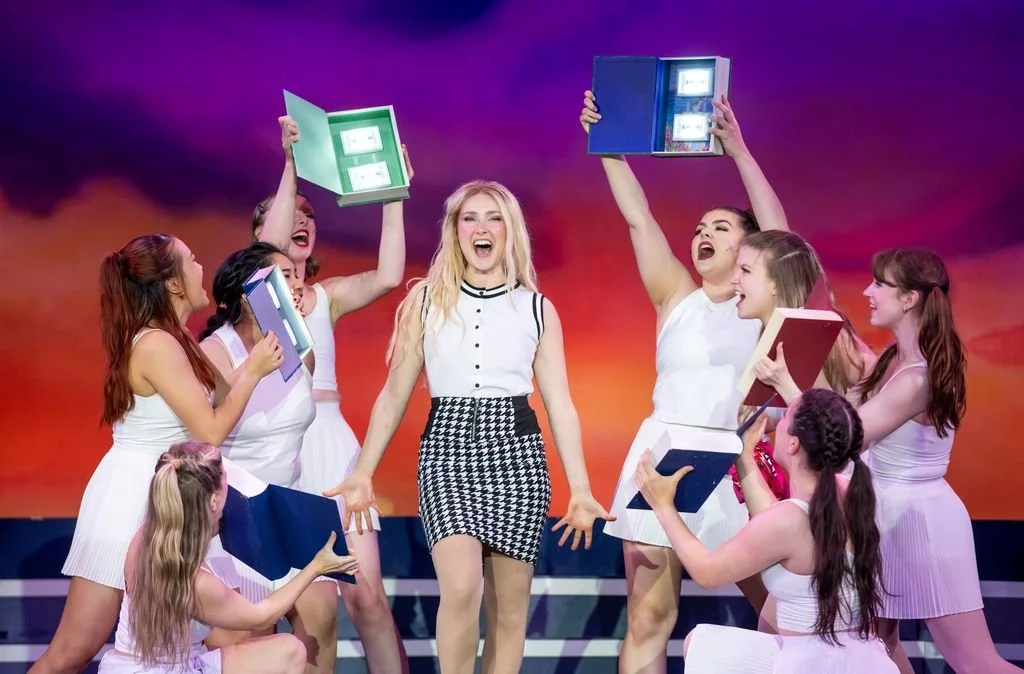
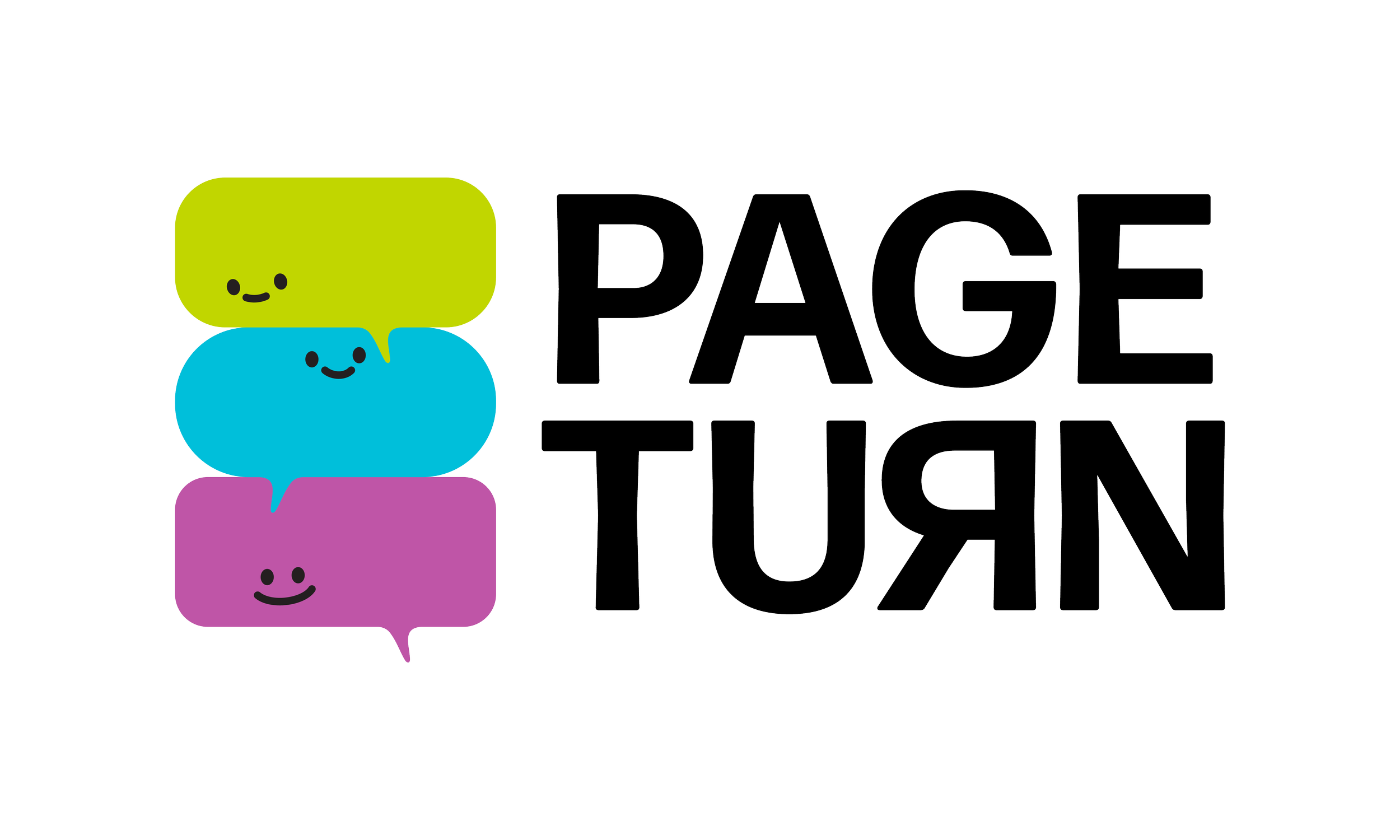

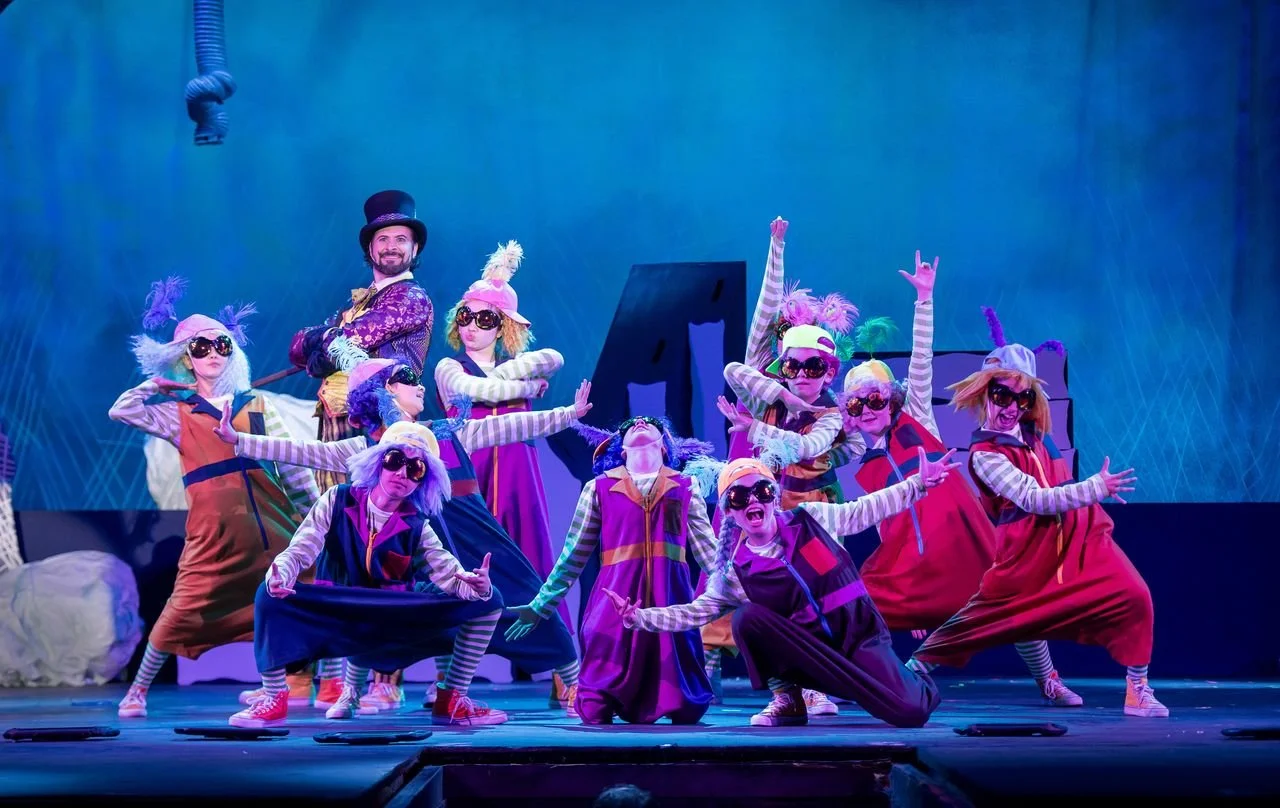
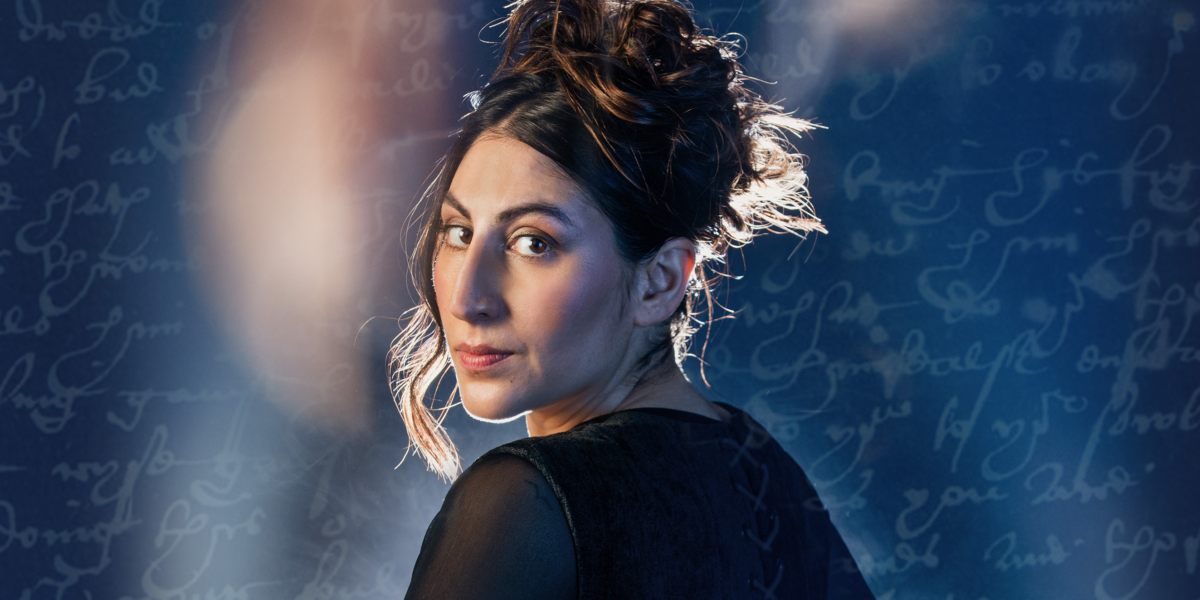















![The Complete Works of William Shakespeare (abridged) [revised] [again] lands at Bard on the Beach starting July 1](https://images.squarespace-cdn.com/content/v1/5f10a7f0e4041a480cbbf0be/1748647087065-86PSSRXMZQNOVSOW9CES/Complete+Works+HORIZONTAL.jpeg)


